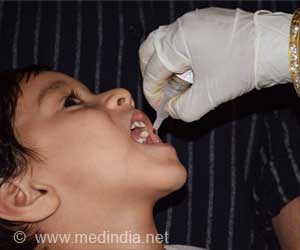
‘Parents Education key to Family Health Care Investment - Education beyond 12 years is associated with increases in family health care spending and a decrease in health conditions and poor health status.’
Tweet it Now
They found that parental education beyond 12 years is associated with increases in family health care spending and decreases in specific health conditions and poor health status, including hypertension, diabetes, and asthma.According to Monheit and Grafova, higher parental education was associated with increased total health care spending on both children and parents and was also associated with sizable increases on ambulatory care spending for both family types.
For instance, compared to single-mother families in which a mother lacks a high school diploma, single-mother families in which a mother is college educated spend an additional $1,000 annually toward family ambulatory health care.
The study also found that families headed by single mothers who had higher levels of education spent more for prescription drugs and dental care while two-parent families with more education spent more for dental care and mental health services.
"Our study confirms the important association between the educational attainment of parents and the family's access to and use of health care services," said Monheit.
Advertisement
Source-Eurekalert










